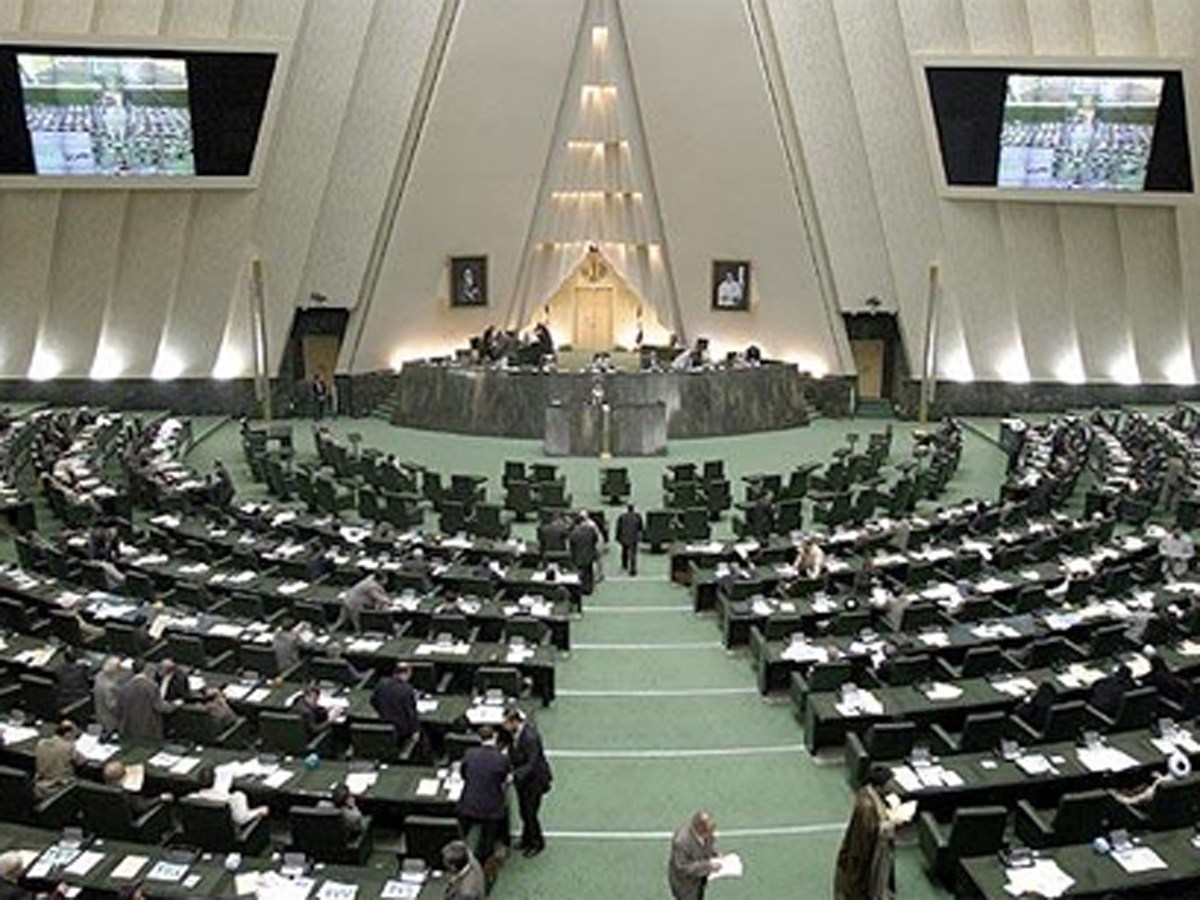Tehran, Iran, Oct. 5
By Mehdi Sepahvand -- Trend:
After forty days of intense scrutiny, the Iranian Parliament's Special Commission on the JCPOA (Joint Comprehensive Plan of Action, official name for the Iran nuclear deal) presented its report to the presiding board of the Parliament on October 4 to be put to vote.
But to their surprise, they faced a move that took the matter totally out of their hand and they felt their toils had been unappreciated.
The same day, the Followers of Guardianship parliamentary group, to which Parliament Speaker Ali Larijani is member, presented a bill that sought to recognize the JCOPA. The bill was referred to the National Security and Foreign Policy Commission, which swiftly approved it, opening the way for the Iranian government to implement the JCPOA with the other sides of the deal, the group 5+1 (the US, UK, France, Russia, China, and Germany).
The JCPOA special commission in its report had generally evaluated the deal as containing many negative points that would harm the Islamic Republic, trying to encourage the lawmakers to vote against the nuclear deal.
Those members of the JCOPA commission who had supported the report now complain of a force that drove the matter out of the commission's hand and rendered the final outcome against their desire.
Five members of the commission who had opposed the report, after their opposite members succeeded in taking the report to the Parliament presiding board, wrote a public address, accusing the commission's majority of having overruled the toil of the 40 days and composed the final report in a way that neglected the joint views of all members. In their open letter these five lawmakers enumerated 165 positive points about the JCPOA that they said the chairmanship of the commission had neglected for their own preferences.
Trend got to speak to one of the National Security and Foreign Policy Commission members about the recent developments.
"The final output of the case has been in favor of the Islamic Republic in general and I see the totality of it as positive," Ahmad Bakhshayesh Ardestani Told Trend Oct. 5.
He appreciated the JCPOA commission for doing a decent job and presenting a well-composed and thorough report that shows various aspects of the nuclear deal, adding, however, that according to some JCPOA commission members the report must have emphasized the positive points of the JCPOA more than it has.
But as for the bill, followers group's bill did not attain a two-third vote it must have, therefore it was referred to the National Security and Foreign Policy Commission, the MP said.
The issue here is why decision was made to send the bill to the National Security and Foreign Policy Commission, Ardestani stated.
"One consideration was that the nature of the National Security and Foreign Policy Commission is to deal with issues with political, security, defense and international relations concerns. Hence, the JCPOA commission should not have been formed in the first place since the National Security and Foreign Policy Commission was doing a good job, studying the JCPOA, inviting the nuclear negotiators and many others to their sessions to discuss the matter. It was a mistake by the Parliament's presiding board to launch the JCPOA commission," he said.
"The other consideration was that the JCPOA commission had put a lot of time and energy into studying and discussing the deal, therefore the bill must have been referred to them."
"But since there was schism among the JCPOA commission members, shown by the fact that some members wrote an open announcement distinguishing their views from the final report, it was decided to refer the bill to the National Security and Foreign Policy Commission."
"Heavy lobbying had followed the formation of the JCPOA commission and there was a sort of rivalry between the two commissions. Mostly political figures had joined the JCPOA commission," he noted.
The lawmaker pointed out the bill is helpful to the implementation of the JCPOA and is written mostly in a way to help a decision by the Supreme National Security Council, headed by President Hassan Rouhani, which also has a say on the final policy of the Islamic Republic vis-à-vis the JCPOA.
Edited by CN






